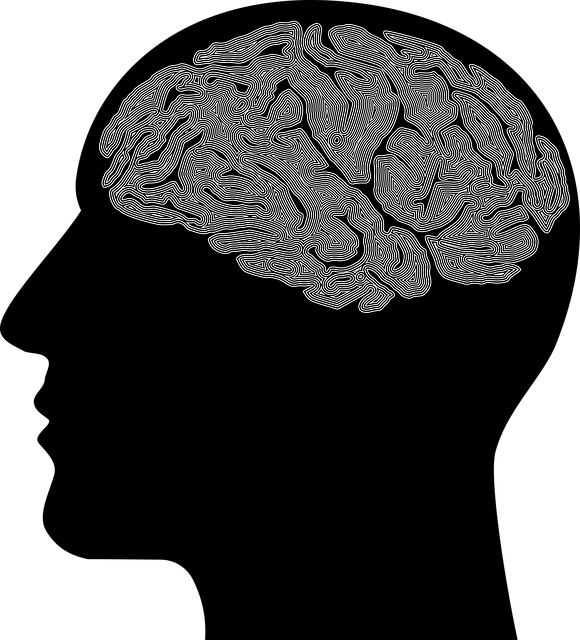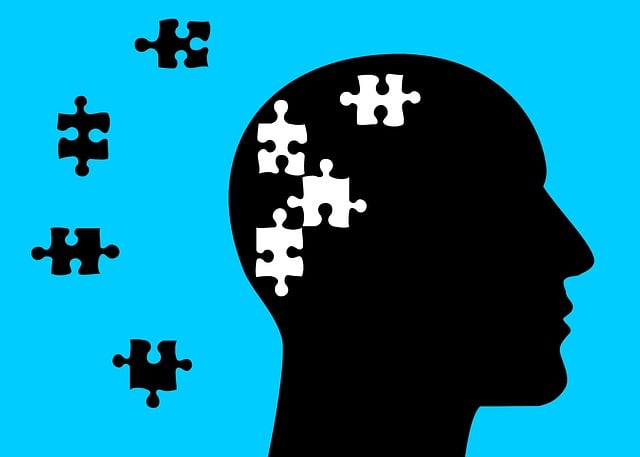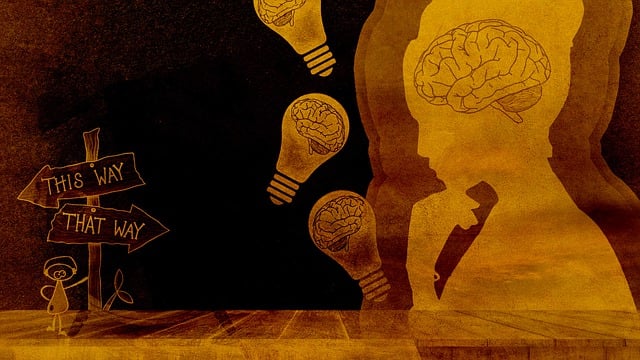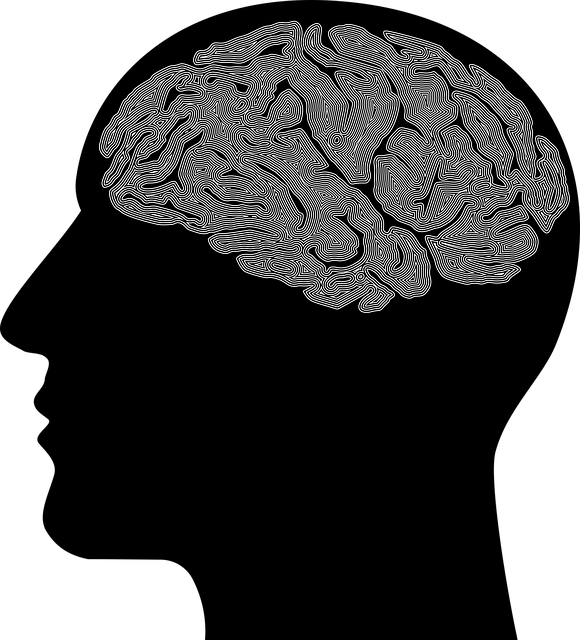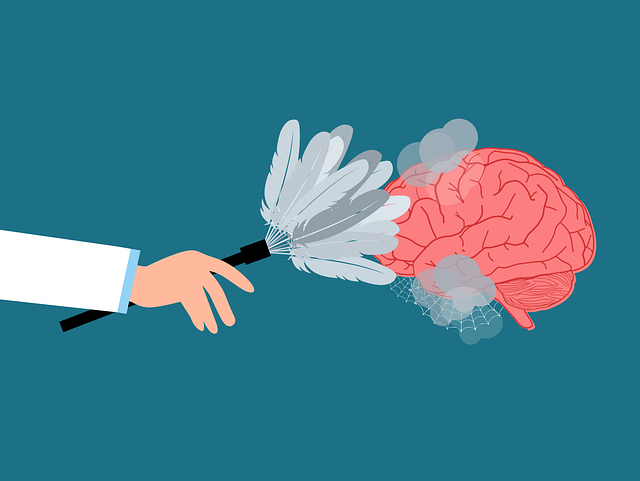Mental wellness is crucial for adults with developmental disabilities, impacting their ability to navigate life and understand their environment. Tailored strategies are needed due to unique cognitive, sensory, or communication needs, and barriers like social isolation or limited access to services. Key interventions include therapy (with diverse methods), risk management planning, and conflict resolution techniques. Overcoming stigma and promoting understanding through community outreach, public awareness, and early intervention is essential. Holistic well-being involves self-care practices, social connections, and support systems. Building strong networks enhances therapy effectiveness, fostering trust and empathy to improve long-term mental wellness in this population.
Mental wellness is a vital aspect of overall health, especially for adults with developmental disabilities. This comprehensive guide explores the unique challenges they face and offers insights into effective therapeutic approaches tailored to their needs. We delve into identifying barriers that prevent them from seeking therapy, providing practical strategies for daily mental health promotion, and emphasizing the importance of support systems in fostering long-term well-being. Understanding these aspects is crucial in ensuring accessible and impactful care for this population, including effective therapy for adults with developmental disabilities.
- Understanding Mental Wellness and Its Impact on Adults with Developmental Disabilities
- Identifying Common Challenges: Barriers to Seeking Therapy
- Therapeutic Approaches Tailored for Adult Development Disabilities
- Practical Strategies for Promoting Mental Health in Daily Life
- Building Support Systems: Encouraging Treatment Adherence and Long-term Well-being
Understanding Mental Wellness and Its Impact on Adults with Developmental Disabilities

Mental wellness is a crucial aspect of overall health and well-being, especially for adults with developmental disabilities. It involves a person’s emotional, psychological, and social state, influencing their ability to cope with life’s challenges and make sense of their surroundings. For individuals with developmental disabilities, understanding and managing mental wellness can be complex due to unique cognitive, sensory, or communication needs. These individuals often face additional stressors related to their disability, such as social isolation, stigma, or limited access to specialized support services.
Promoting mental wellness in this population requires tailored strategies. Therapy, including various therapeutic approaches, plays a pivotal role in supporting adults with developmental disabilities to manage stress, process emotions, and develop coping mechanisms. Additionally, organizations focused on mental health advocate for the implementation of comprehensive risk management planning, ensuring safe and supportive environments. Conflict resolution techniques can also be beneficial, fostering positive interactions and enhancing overall mental wellness by addressing potential conflicts or disagreements in a constructive manner.
Identifying Common Challenges: Barriers to Seeking Therapy

Many individuals face barriers when it comes to seeking therapy, especially those with developmental disabilities. Understanding these common challenges is essential in promoting mental wellness for this population. One significant hurdle is the stigma surrounding therapy and mental health issues, which often prevents people from reaching out for support. This misconception can stem from a lack of understanding or societal expectations that discourage vulnerability.
Additionally, practical considerations play a role, such as limited access to affordable therapy services tailored to their unique needs. For adults with developmental disabilities, finding therapists who possess the necessary skills and training in this specific area is crucial. Social Skills Training, Coping Skills Development, and Conflict Resolution Techniques are among the valuable tools that can be taught to enhance their overall well-being and independence.
Therapeutic Approaches Tailored for Adult Development Disabilities

Therapeutic approaches tailored for adults with developmental disabilities play a crucial role in promoting mental wellness and fostering inner strength. These strategies recognize that each individual’s journey is unique, requiring specialized care. Occupational therapy, for instance, focuses on enhancing daily living skills, enabling individuals to develop independence and build resilience. This can include learning time management techniques, improving social interaction, and adapting environments to better suit their needs.
Community outreach program implementation and public awareness campaigns development are also vital components. By raising awareness about the specific challenges faced by adults with developmental disabilities, these initiatives foster a supportive environment. Educational programs and support groups help break down barriers, encourage open conversations about mental health, and promote early intervention. Such strategies ultimately contribute to improved access to tailored therapy for adults with developmental disabilities, enhancing their overall well-being.
Practical Strategies for Promoting Mental Health in Daily Life

Promoting mental wellness in daily life is a multifaceted approach that can significantly impact overall well-being. One effective strategy is incorporating regular self-care practices, such as mindfulness meditation or journaling, which help individuals manage stress and cultivate a positive mindset. Engaging in physical activity, maintaining a balanced diet, and securing adequate sleep are also essential pillars of mental health promotion. These habits not only boost mood but also enhance cognitive function and resilience to challenges, including those faced by adults with developmental disabilities.
Additionally, fostering social connections and seeking support from peers, family, or professional therapists can play a pivotal role in reducing the stigma associated with mental illness. Regular interactions with others create a sense of belonging and provide opportunities for open dialogue about emotional well-being. For instance, participating in community groups or engaging in activities that align with personal interests can foster connections and offer valuable coping skills development. Mental wellness podcast series production further amplifies these efforts by providing accessible resources and platforms for sharing experiences, knowledge, and strategies for managing mental health challenges.
Building Support Systems: Encouraging Treatment Adherence and Long-term Well-being

Building strong support systems is a cornerstone for promoting mental wellness, especially among adults with developmental disabilities. These systems can include family members, friends, caregivers, and professionals like therapists. Encouraging adherence to therapy for adults with developmental disabilities requires fostering an environment of trust and understanding. Empathy building strategies, such as active listening and non-judgmental attitudes, play a crucial role in this process. By creating safe spaces where individuals feel comfortable expressing their thoughts and emotions, therapy becomes more effective.
Long-term well-being is enhanced when support systems are in place to prevent burnout and promote mental health awareness. Recognizing the signs of burnout and implementing coping strategies can help maintain stability. Regular check-ins with caregivers, therapists, and support groups enable early detection of potential issues, allowing for timely interventions. This holistic approach ensures that individuals receive the necessary care and attention, ultimately contributing to their overall mental wellness and resilience.
Mental wellness promotion for adults with developmental disabilities is a multifaceted approach that combines understanding, tailored therapeutic methods, practical strategies, and robust support systems. By addressing common challenges such as barriers to seeking therapy, we can ensure that these individuals receive the necessary care. Tailored therapy for adults with developmental disabilities, coupled with daily mental health practices, fosters resilience and enhances long-term well-being. Ultimately, building inclusive communities that encourage treatment adherence ensures a brighter, more supportive future for all.


